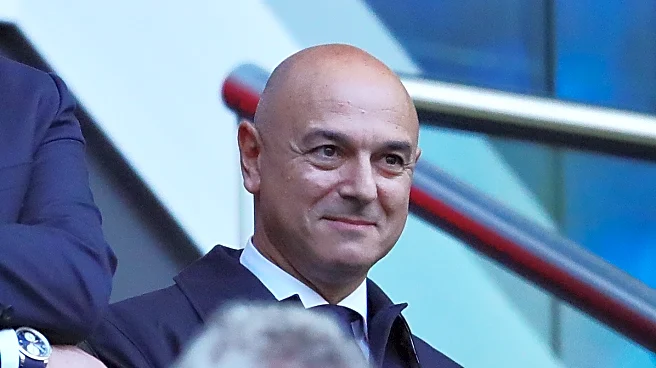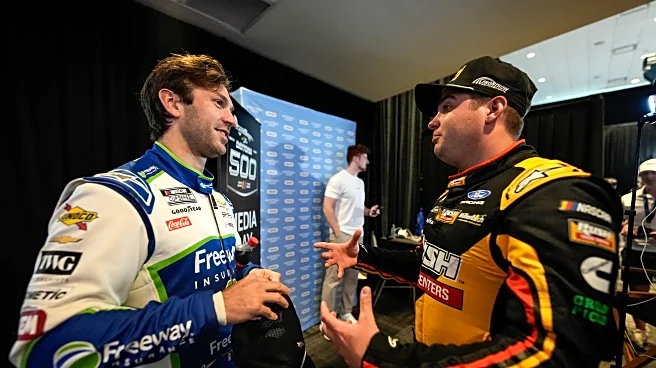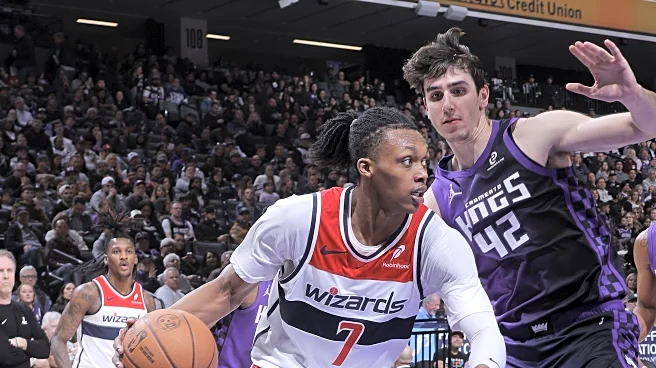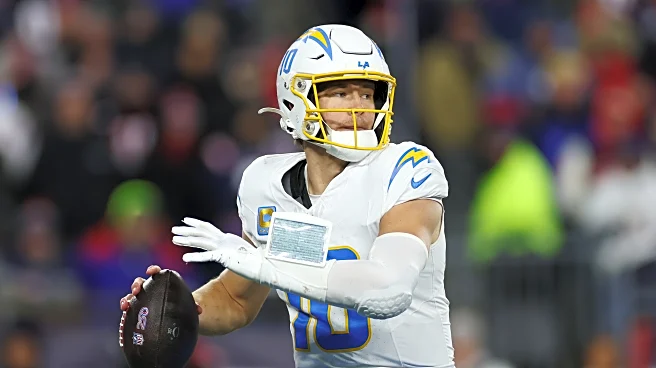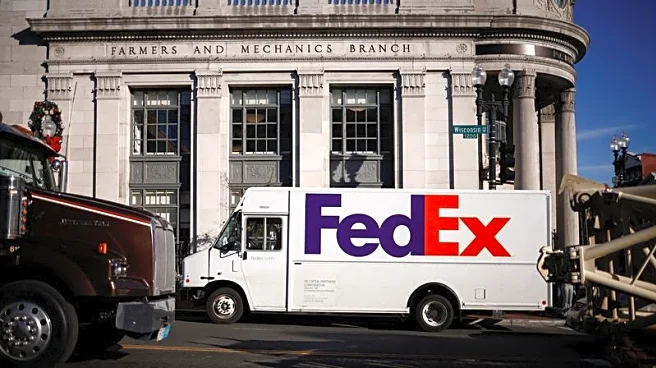We are obviously still digesting today’s stunning news that executive chairman Daniel Levy is stepping down from his leadership role at Tottenham Hotspur. When a top executive like Levy leaves the club
after 25 years, it’s a lot to process, and there’s a lot of information that floats around that is both speculative and also nonsensical. The news is still incredibly fresh and we’re all stumbling around in the dark.
That said, there’s a fascinating piece out from Alasdair Gold in Football.London that gives some context to Levy’s departure, and it paints a picture of Tottenham’s ownership group, which includes the children of former owner Joe Lewis, eliminating Levy’s job as a means of completely revamping Spurs to become more of a modern football club in the mold of Manchester City, Arsenal, and Liverpool. It does NOT mean that the club is in imminent danger of being sold.
“Football.london understands that the Lewis family currently has no plans to sell the club and that is why they have been pushing through plans to alter the structure at Tottenham to become a more traditional, modern one with a CEO. While Levy was seen by many as a part owner running the club, the new direction is more one of the owners looking to back it rather than run it.
Vivienne Lewis is a regular presence at matches and was spotted alongside Levy in the opening day victory against Burnley. Her father Joe was the long-time owner of the club but the 88-year-old stepped away from that role years back and his children and grandchildren, as Spurs fans, are understood to have taken on a more active role in backing the club.
That backing has come through the injection of extra football knowledge with the addition of one of the game’s most sought after CEOs in Venkatesham to lead the day to day running of Tottenham with new non-executive chairman Peter Charrington, who is not expected to be involved in the football side of things on a daily basis, overseeing the big picture following Levy’s departure from his more hands-on role.“
This is VERY interesting stuff. In short, you can view Levy’s departure as a board power-play that not only takes Levy away from his role, but reinvents the way the football club operates top to bottom. In a way we probably should’ve seen this coming. Since Joe Lewis stepped back from club ownership and transferred control of his shares to a family trust, we’ve seen more and more evidence that the board was starting to assert additional influence on the way the club is run. This past summer’s dramatic top-level executive shake-up that started with the announcement that Levy’s top lieutenant Donna-Marie Cullen would step down and continued with the appointment of former Arsenal CEO Vinai Venkatesham, should’ve been a giant flashing red neon sign — big changes are coming and they’re happening now.
The board, likely spearheaded by Lewis’ children, appears to be governed by a simple credo: win more football games. In the Telegraph, Matt Law writes that the processes that resulted in Levy’s departure started at the beginning of 2025 with an external view of the club spearheaded by the Tavistock Group, the Lewis family’s investment group. That review shone a bright light on Levy’s overall job performance over the past few years, but the reports stop short of listing any specific things that led to Levy’s departure. Indeed, there doesn’t appear to be any one thing that led to the decision to restructure the club’s operations, but eliminating Levy’s role as Executive Director and creating a new structure that features club ownership overseeing a CEO with further executives underneath that person was considered the best path forwards. The ownership group insists that Levy’s departure is about putting sporting success first, with the Europa League title hopefully just the start of a new era of Tottenham trophies.
A source close to the Lewis family told Football.London the following:
“Generations of the Lewis family support this special football club and they want what the fans want – more wins more often. This is why you have seen recent changes, new leadership and a fresh approach. In Vinai, Thomas [Frank] and [new Non-Executive Chairman] Peter Charrington, they believe they are backing the right team to deliver on this. This is a new era.”
Indeed. What is not yet clear from the early reporting is whether the decision to remove Levy from his position happened recently, or if it has been in the works, with Levy’s knowledge, for a while. Suggestions, more recently by Sami Mockbel at the BBC, is that it is the latter, as evidence by the fact that he is leaving with immediate effect and no notice period.
Levy may no longer have a job at Tottenham Hotspur, but he is still a minority owner of the club and for now all indications are that he will continue to keep his shares and have a voice as part-owner. But his days calling the shots are over. That role is now Venkatesham’s. Vinai clearly believes that the old system of a football chairman controlling every aspect of a club from top to bottom is outdated. He comes from a club in Arsenal that long ago moved away from that model to something newer. Now, under Venkatesham’s new leadership, Tottenham are also reinventing themselves in that mold
What remains to be seen is whether this will have any impact at all in Tottenham’s transfer spending. Spurs have seen an increase in their financial outlay since the opening of the new stadium and as the club has recently seen an influx of money from the ownership group. It could be that the new model will seek to try and spend their way closer to the clubs ahead of Spurs in the table. That doesn’t mean the era of financial prudence has ended, necessarily — I have a hard time believing that Spurs will suddenly start spending like drunken sailors (or Chelsea, lol) — but Joe Lewis was notorious for not putting his own money into football operations and insisting that the club stand on its own two feet. Levy was very, very good at that and he used it to turn Tottenham from a mid-table banter club to a serious player in the Premier League.
Now we get to find out what comes next.
